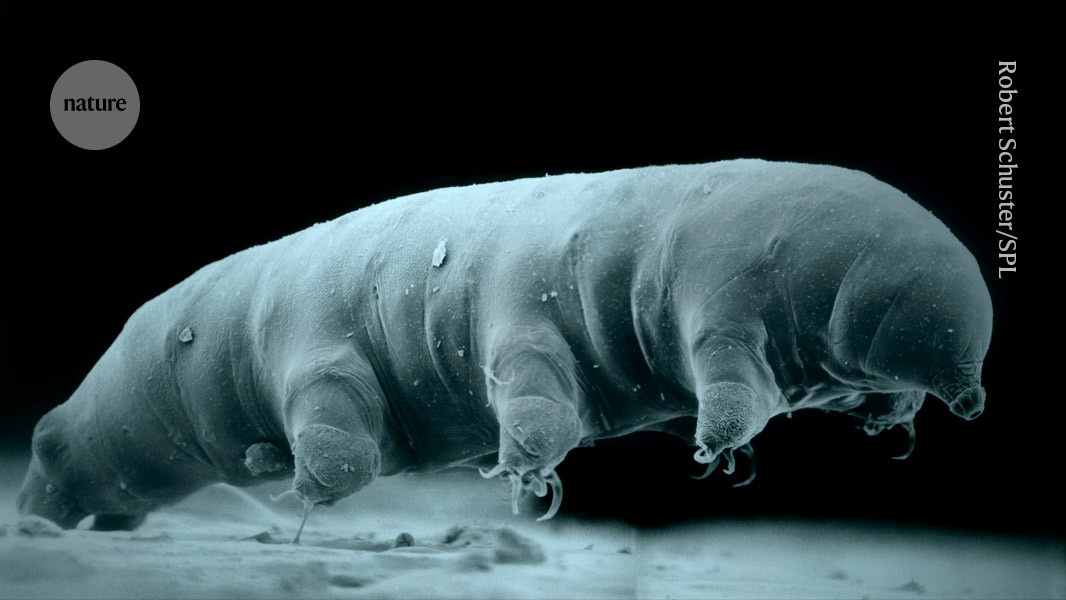- cross-posted to:
- science@lemmit.online
- cross-posted to:
- science@lemmit.online
A newly described species of tardigrade is giving scientists insights into what makes these tiny eight-legged creatures so resistant to radiation.
Now, scientists have sequenced the genome of a species new to science, and revealed some of the molecular mechanisms that give tardigrades their extraordinary resilience. Their study, published in Science on 24 October, identifies thousands of tardigrade genes that become more active when exposed to radiation. These processes point to a sophisticated defence system that involves protecting DNA from the damage that radiation causes and repairing any breaks that do occur.
The authors hope that their insights could be harnessed to help protect astronauts from radiation during space missions, clean up nuclear pollution or improve cancer treatment.
“Radiation and multi-omics sequencing go brrrr”
Original paper on Science: https://doi.org/10.1126/science.adl0799
“My first wife was a tardigrade, she is a pilot now.”…
Nice, I’m excited to learn more about these DNA defense mechanisms!
“It’s really hard to aim the neutron beam at something so small”
…. Kidding



